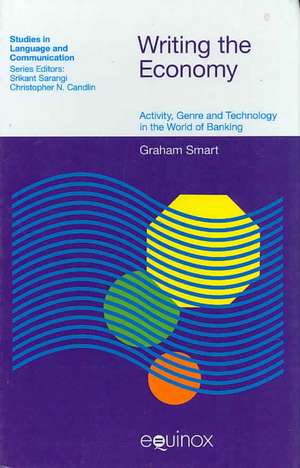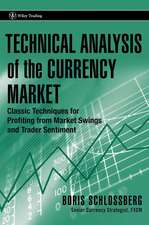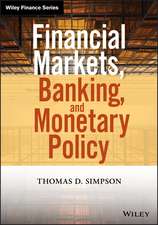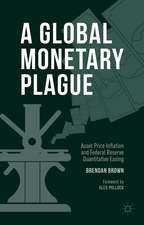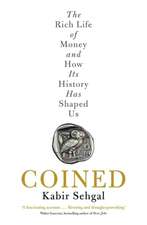Writing the Economy: Activity, Genre and Technology in the World of Banking: Studies in Language and Communication (Equinox Hardcover)
Autor Graham Smarten Limba Engleză Hardback – 30 sep 2006
| Toate formatele și edițiile | Preț | Express |
|---|---|---|
| Paperback (1) | 227.26 lei 6-8 săpt. | |
| Equinox Publishing (UK) – 30 iun 2006 | 227.26 lei 6-8 săpt. | |
| Hardback (1) | 590.75 lei 6-8 săpt. | |
| Equinox Publishing (UK) – 30 sep 2006 | 590.75 lei 6-8 săpt. |
Preț: 590.75 lei
Preț vechi: 729.32 lei
-19% Nou
Puncte Express: 886
Preț estimativ în valută:
113.04€ • 118.34$ • 93.53£
113.04€ • 118.34$ • 93.53£
Carte tipărită la comandă
Livrare economică 07-21 aprilie
Preluare comenzi: 021 569.72.76
Specificații
ISBN-13: 9781845530662
ISBN-10: 1845530667
Pagini: 260
Dimensiuni: 157 x 236 x 20 mm
Greutate: 0.54 kg
Editura: Equinox Publishing (UK)
Seria Studies in Language and Communication (Equinox Hardcover)
ISBN-10: 1845530667
Pagini: 260
Dimensiuni: 157 x 236 x 20 mm
Greutate: 0.54 kg
Editura: Equinox Publishing (UK)
Seria Studies in Language and Communication (Equinox Hardcover)
Notă biografică
Graham Smart is an Assistant Professor in the School of Linguistics and Applied Language Studies at Carleton University, Ottawa, Canada. He has published studies of writing in workplace and academic settings as well as work on interpretative ethnography. His recent research also focuses on public-policy discourse and environmental rhetoric.
Cuprins
Forward: Persuasive Economies by Charles Bazerman Chapter One: Introduction The Study The Organization of the Book Chapter Two: The Monetary-Policy Process - The Big Picture Knowledge-Building, Ideology, and Rhetoric in Economics "The Economy" as a Social Construct Knowledge-Building, Policy-Making, and External Communications Methodological Reflections Chapter Three: Genres of Knowledge-Building and Policy-Making Mathematical Models in Disciplinary Knowledge-Building The Quarterly Projection Model The Projection Exercise The White Book The "Monetary-Policy Story" Variations on Genre Conventions Methodological Reflections Chapter Four: The Interplay of Discourse Genres and Economic Modelling What the Quarterly Projection Model Is Building, "Selling," and Enhancing QPM What QPM Does QPM's Influence on Written and Spoken Discourse Methodological Reflections Chapter Five: Genres of External Communications The "Communications Strategy" Two Key Features of the Genre Sub-Set The Role of Genres in the Communications Strategy Methodological Reflections Chapter Six: Conclusion: Answering The "So What?" Question A Summary of the Account Implications for Discourse Theory Implications for Research in Organizational Discourse Implications for Teaching of Organizational Writing A Few Words of Conclusion Appendices A to J
